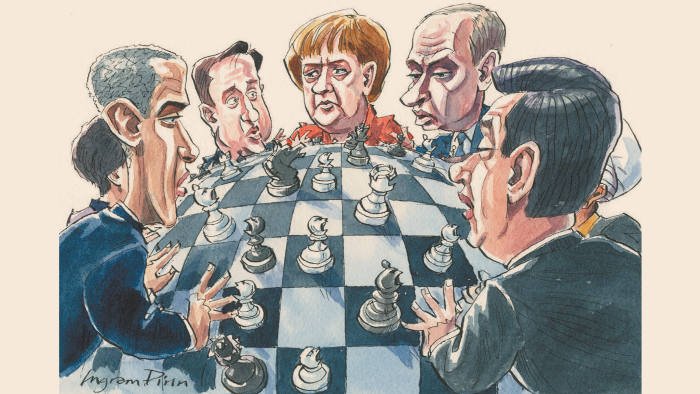Lesser Known Facts about Japanese Politics
1. Japan has only had their current political system for 71 years
Similar to England, Japan is a constitutional monarchy; meaning, their government consists of the National Diet (like the British Parliament or the US Senate) and the Emperor (a decorative figurehead without much political power).
But this wasn’t always the case. Japan has a long, long history, and has changed governmental structures numerous times.
Japan has seen itself as an aristocracy and as a military state. It’s seen itself through a period of political turmoil during the Meiji Era; as an empire during the early and mid-1900s; and finally as the current Japan we see today. Essentially, Japan has only had their current political system for 71 years.
2. Japanese politics is like a Christmas Tree
A constitutional monarchy is one where the powers of government are split into the basic legislative, judiciary, and executive branches, with an added “royal” branch. Think of a Christmas tree: the legislative, judiciary, and executive branches are the tree itself – they pass the laws and provide the support necessary for the government to work; the Emperor is all the decorations on the tree.
In a constitutional monarchy, the Emperor has little to no political power. He can’t make/endorse laws or political parties; instead, he’ll often attend charity events, and sometimes meets with foreign heads of state for non-political, mostly goodwill-type missions.
3. Thinking of running for councillor? You’ll need to be older than 30
Those running for the House of Representatives must be 25 years or older, while the House of Councillors (equivalent to the US’s Senate) requires those running to be 30 years or older; both must have Japanese citizenship.
4. People vote for parties not politicians
When it comes to choosing the prime minister, the public doesn’t get a direct vote. Instead, they cast their ballot for the political party they want; then, whichever party gains the majority of the House of Representatives elect the prime minister from among their party.
5. The voting age recently changed
An election for a large portion of the National Diet was held in July of this year, and all of my Japanese friends voted at their local polling office for the party they wanted. It was a hugely talked about election because it was the first time 18-year-olds could vote after the voting age was lowered from 20.
6. But young people don’t vote
In recent years Japan has seen a decrease in people actually going to the polls, so the new law is seen as a last ditch effort to increase voter turnout. However, young people feel their interests are underrepresented by the current political system. So despite the added 2.4 million eligible voters, the turnout only gained barely 2% compared to the last Diet election three years ago.
7. Japanese politics is just as scandalous as in other countries
Given the revolving door of the prime minister’s office, with successive leaders seemingly resigning at the drop of an honorable hat (citing unpopularity or minor indiscretions that would make politicians abroad shrug), Japan is no stranger to the concept of political scandal. But this year’s infamy can only belong to ex-Tokyo Governor Yoichi Masuzoe and his misuse of political funds. Constantly made fun of by Japanese comedians, Masuzoe’s scandal erupted into a media circus. Everyone called him a “sekoi” (petty) man.
Source: https://blog.gaijinpot.com/7-things-know-japanese-politics/













Leave a Comment
Your email address will not be published. Required fields are marked with *